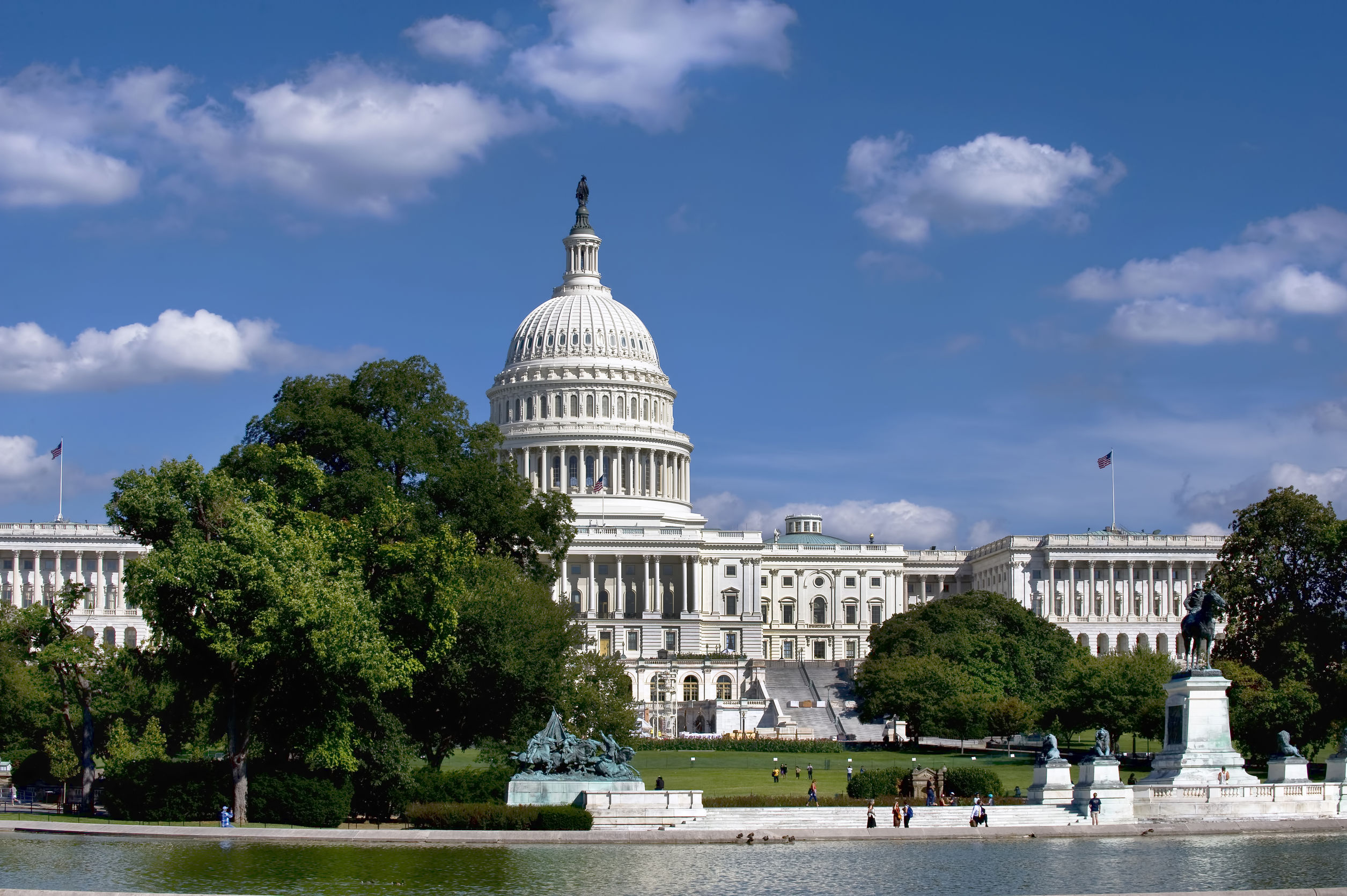The names of the three Chinese researchers at the Wuhan Institute of Virology who may have been the very first COVID-19 patients have been released.
Substack publication “Public and Racket” conducted a lengthy investigation and report that — according to multiple U.S. Government officials — the “patients zero” or first people infected by the virus included Ben Hu, a researcher who led the Wuhan Institute of Virology’s “gain-of-function” research on SARS-like coronaviruses, which increases the infectiousness of viruses.
This after years of official pronouncements that the virus was a spontaneous mutation that jumped to humans from bats in one of the area’s “wet markets,” and officials in the U.S. and other countries repeatedly suggesting uncovering the origin of the pandemic might never be known — including Dr. Anthony Fauci, the former director of the National Institute of Allergy and Infectious Diseases, who oversaw pandemic response for two administrations.
“Now, answers increasingly look within reach,” Public and Racket reporters Michael Shellenberger, Matt Taibbi and Alex Gutentag, wrote. “Sources within the US government say that three of the earliest people to become infected with SARS-CoV-2 were Ben Hu, Yu Ping, and Yan Zhu. All were members of the Wuhan lab suspected to have leaked the pandemic virus.”
The reporters say it is now clear that there were WIV researchers who had developed COVID-19-like illnesses in November 2019, but also that they “were working with the closest relatives of SARS-CoV-2, and inserting gain-of-function features unique to it.
“When a source was asked how certain they were that these were the identities of the three WIV scientists who developed symptoms consistent with COVID-19 in the fall of 2019, we were told, ‘100%.’
“Ben Hu is essentially the next Shi Zhengli,” they report Alina Chan, a molecular biologist at the Broad Institute of MIT and Harvard, and coauthor with Matt Ridley of Viral: The Search for the Origin of Covid19, said. Shi is known as “the bat woman of China,” and led the gain-of-function research at the WIV. “He was her star pupil. He had been making chimeric SARS-like viruses and testing these in humanized mice. If I had to guess who would be doing this risky virus research and most at risk of getting accidentally infected, it would be him.”
Moreover, the government has apparently known about the link for years.
“On January 15, 2021, five days before President Joe Biden took office, the U.S. State Department published a fact sheet that pointed to the likelihood of a lab leak as the cause of a pandemic, the reporters write.
“Already, the State Department in 2021 suspected that the WIV had lied to the public. “The U.S. government has reason to believe that several researchers inside the WIV became sick in autumn 2019, before the first identified case of the outbreak, with symptoms consistent with both COVID-19 and common seasonal illnesses. That raises questions about the credibility of WIV senior researcher Shi Zhengli’s public claim that there was ‘zero infection’ among the WIV’s staff and students by SARS-CoV-2 or SARS-related viruses.”
COVID shutdowns damaged student achievement, mental health
As the Sentinel previously reported, in addition to the millions of deaths caused by what now increasingly appears to be a man-made virus, the damage to educational attainment from long school closures has become self-evident, but the impacts go far beyond just falling behind on learning.
In a May 14, 2020 story, NPR said children may be facing major mental health challenges as well.
“Nightmares. Tantrums. Regressions. Grief. Violent outbursts. Exaggerated fear of strangers. Even suicidal thoughts,” the story reads. “In response to a call on social media, parents across the country shared with NPR that the mental health of their young children appears to be suffering as the weeks of lockdown drag on.”
Dr. Dimitri Christakis is one of the nation’s most prominent pediatricians and suggests that keeping schools closed will cause harm to vulnerable children.
Christakis, who directs the Center for Child Health, Behavior and Development at Seattle Children’s Hospital, is the editor-in-chief of the Journal of the American Medical Association (JAMA) Pediatrics and argued the mental health impacts may be far worse than the nearly one-third slide in educational progress students across the country saw.
“The social-emotional needs of children to connect with other children in real time and space, whether it’s for physical activity, unstructured play or structured play, this is immensely important for young children in particular,” Christakis told NPR.



